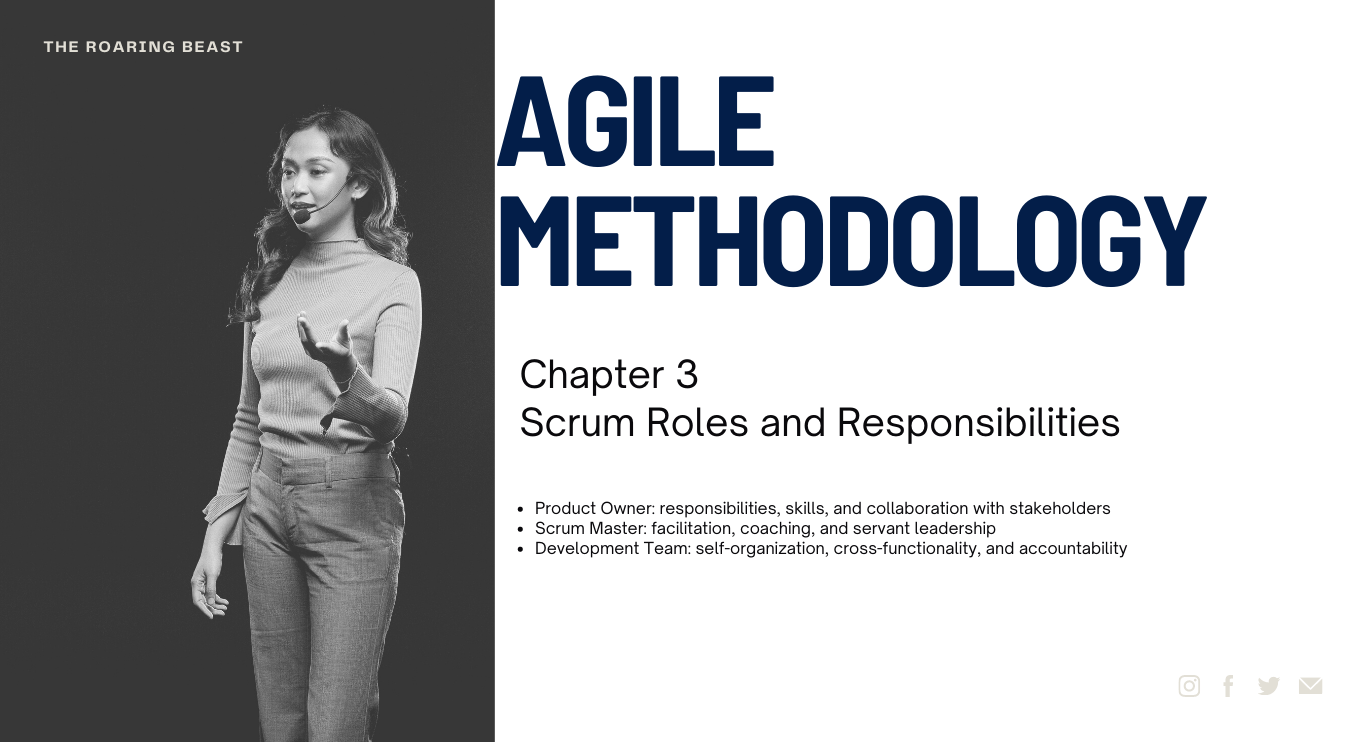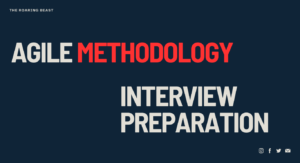The Scrum Master plays a crucial role in the Scrum framework, acting as a facilitator, coach, and servant leader for the Scrum Team. Let’s delve into the key aspects of the Scrum Master’s responsibilities, including facilitation, coaching, and servant leadership:
Facilitation:
- Scrum Process Facilitation: The Scrum Master facilitates the implementation of Scrum principles and practices. They ensure that the Scrum events (ceremonies) are properly conducted, time-boxed, and focused and that the Scrum artifacts (such as the Product Backlog and Sprint Backlog) are effectively utilized.
- Collaboration Facilitation: The Scrum Master promotes collaboration within the Scrum Team and between the team and stakeholders. They facilitate effective communication, encourage transparency, and create an environment that fosters open and constructive interactions.
- Conflict Resolution: The Scrum Master helps resolve conflicts and facilitates problem-solving within the Scrum Team. They encourage healthy discussions, mediate conflicts, and foster a culture of trust and respect.
Coaching:
- Scrum Practices: The Scrum Master coaches the Scrum Team on Scrum practices, guiding them in understanding and applying the Scrum framework, roles, and ceremonies. They provide guidance on how to effectively use Scrum artifacts and tools.
- Continuous Improvement: The Scrum Master coaches the Scrum Team on continuous improvement. They facilitate discussions on how to inspect and adapt processes, identify areas for improvement, and experiment with changes to enhance productivity, quality, and collaboration.
- Agile Principles and Values: The Scrum Master helps the Scrum Team understand and embody Agile principles and values. They promote the Agile mindset, emphasizing agility, flexibility, and responsiveness to change.
Servant Leadership:
- Team Support: The Scrum Master serves the Scrum Team by providing support and removing any impediments that hinder their progress. They ensure that the team has the necessary resources, tools, and environment to deliver value.
- Empowerment: The Scrum Master empowers the Scrum Team to be self-organizing and autonomous. They foster an environment where the team can make decisions, take ownership of their work, and continuously improve their processes.
- Stakeholder Engagement: The Scrum Master acts as a servant leader to stakeholders, facilitating their involvement and ensuring their needs and expectations are understood by the Scrum Team. They encourage collaboration and establish effective channels of communication.
- Change Agent: The Scrum Master serves as a change agent, driving the adoption of Agile and Scrum principles within the organization. They advocate for Agile values, help remove organizational barriers, and support the transition to a more Agile way of working.
Through facilitation, coaching, and servant leadership, the Scrum Master enables the Scrum Team to effectively collaborate, self-organize, and continuously improve. They create an environment that fosters growth, learning, and high performance, ultimately leading to the successful delivery of value to stakeholders.

